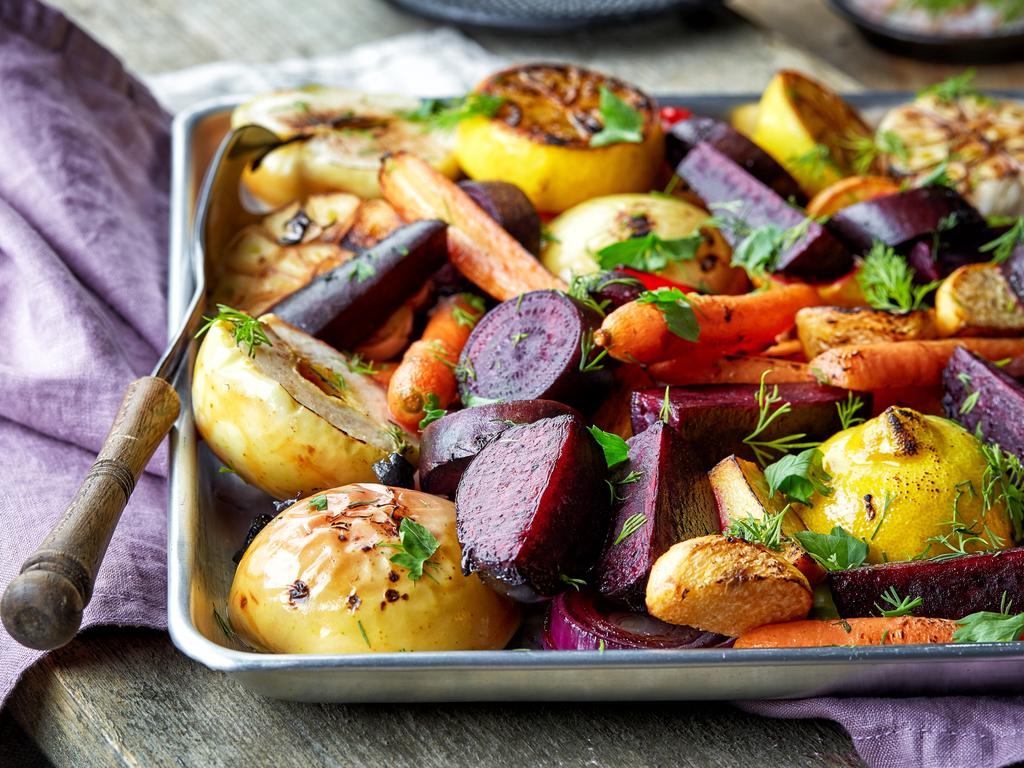The things no one tells you about low-carb diets
By cutting out carbohydrates you risk damage to your arteries and organs, say experts.
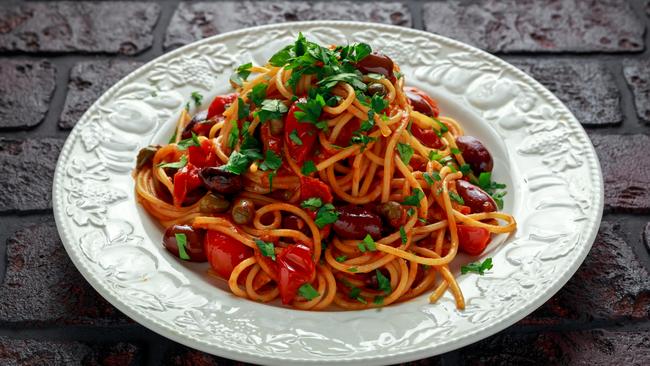
Bread, pasta and potatoes are the well-established demons of the diet world. Cutting out these and other carbs is a weight-loss trend that has endured through endless dietary reinventions since the early 2000s. Its proponents credit “low-carbing” with life-altering svelteness, fewer hunger pangs and better blood-sugar control.
The science to support such claims, however, has never been clear cut and some recent studies suggest that carb avoidance might have negative effects, from artery clogging to an unbalanced gut microbiome - even the accelerated ageing of our organs.
“Low-carb diets, for so long flavour of the month as a miracle weight-loss fix, are being eyed with growing scepticism in the world of nutrition,” says Alex Ruani, researcher in nutrition science at University College London and chief science educator at the Health Sciences Academy.
The government recommends that about half our energy should come from healthy carbs but, in theory, the more fat and fewer carbs you consume, the better the body becomes at burning its reserves. For devotees of very low-carb diets, the goal is to achieve a state of ketosis: by pushing aside even wholesome staples such as wholegrains and vegetables in favour of a diet in which 70 to 80 per cent of total daily calories come from fat and 20 to 30 per cent from protein, the body is pushed to break down fats into ketones, an alternative source of fuel.
For some medical conditions such an approach can be beneficial, according to Dr Linia Patel, a researcher in the department of clinical sciences and community health at the Universita degli Studi di Milano in Italy and a spokesperson for the British Dietetic Association. “Keto diets are prescribed for people with epilepsy as they seem to reduce their symptoms and cut down on seizure frequency,” she says. “And there is also a bit of evidence they might benefit other neurological disorders, such as Parkinson’s disease and Alzheimer’s disease.” But for anyone just looking to get leaner, such a regimen could come with hefty long-term costs.
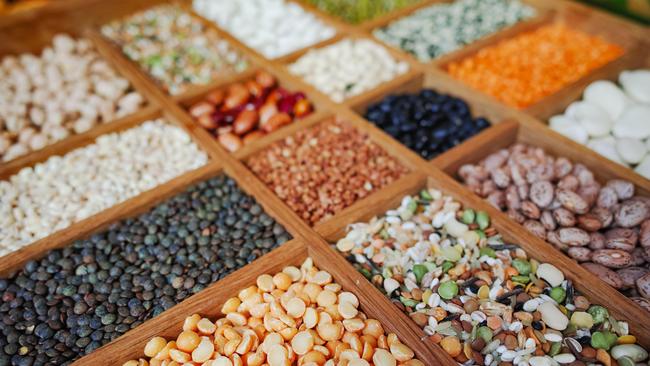
For a study published this month, Javier Gonzalez, professor in the Centre for Health, Nutrition and Metabolism at the University of Bath, looked at the effects of either cutting carbs or reducing sugar. The trial he led was small, involving 53 healthy adults who were asked to follow either a low-sugar diet that slashed “free” sugars, such as the syrups and sugars added to cakes and biscuits, to less than 5 per cent of total calories, or a very low-carb ketogenic diet with less than 8 per cent of calories from carbs and more than 70 per cent from fat. A control group ate moderate amounts of free sugars, comprising just under one fifth of their total calorie intake. Gonzalez and his team conducted x-rays to check for fat loss and monitored levels of ketones in the blood, urine and breath of the low-carb group to ensure they were sticking strictly to the protocol. After 12 weeks, results published in Cell Reports Medicine showed that both groups lost excess body fat - the keto dieters shedding an average of 2.9kg and the low-sugar group 2.1 kg - without changing their exercise levels.
However, that’s where the positive news ended for the carb-cutting contingent. Blood tests revealed that their levels of a protein called apolipoprotein B, an artery clogger, were 26 per cent higher than those of the control group. The low-density lipoprotein (LDL) “bad” cholesterol scores were also raised by 16 per cent in the keto group, whereas those just cutting excess sugar fared well, their LDL cholesterol dropping 10 per cent lower than the control group.
Other studies have hinted that our bodies might age faster on extreme low-carb diets. Part of the problem when we cut down on carbs is that, by default, our intake of dietary fibre also declines - and low fibre intakes are linked to heart disease, type 2 diabetes and obesity. Wholegrain bread, cereals and pasta, as well as fruit and vegetables, are among the biggest providers of fibre. Our gut microbiome, which thrives on fibre, suffers when they are excluded.
“We found that people on the keto diet had reduced levels of a gut bacteria called bifidobacterium that is associated with strong immunity,” Gonzalez says. There’s an added blow to good gut bugs, she says. “Ketone bodies produced by the liver during periods of low carbohydrate intake were shown in one study to further inhibit the proliferation of beneficial bifidobacteria.”
Over time the obliteration of good gut bugs could potentially exacerbate long-term health issues, resulting in an increased risk of digestive disorders such as irritable bowel disease, intestinal infections and a weakened immune function.
Cut out carbs too aggressively and you will also be missing out on vitamins B and C, minerals such as potassium, and phytochemicals that enhance health.
Carbs we should eat
Oats
Rich in soluble fibre, particularly beta-glucan, which has been shown to lower blood cholesterol levels, oats also contain avenanthramides, antioxidants that reduce inflammation and support vascular health.
Quinoa
Rich in fibre and B vitamins, as well as minerals such as magnesium and iron, quinoa also contains quercetin and kaempferol, powerful antioxidants that have anti-inflammatory and antiviral properties.
Sweet potatoes
Packed with vitamins A and C, sweet potatoes are excellent sources of antioxidants like beta-carotene, which support immune function and eye health. They also contain resistant starch that benefits gut health by feeding beneficial bacteria.
Rye bread
High in fibre, a good source of B vitamins and rich in lignans, a type of polyphenol compound found in wholegrains and seeds that have antioxidant, immune-supporting benefits. A study in the journal Clinical Nutrition found that midlifers who substituted regular wheat bread with high-fibre rye-based varieties were able to lose weight and body fat more effectively than those who stuck to their regular diet.
White potatoes
Even the humble spud can stay in moderation. Potatoes contain micronutrients such as vitamin C, vitamin B6, folate and iron, and contribute a surprising amount of fibre to the diet. One medium-sized baked potato weighing 200g provides just under a third of our daily potassium needs - a nutrient that plays a key role in controlling how much fluid is stored in your body.
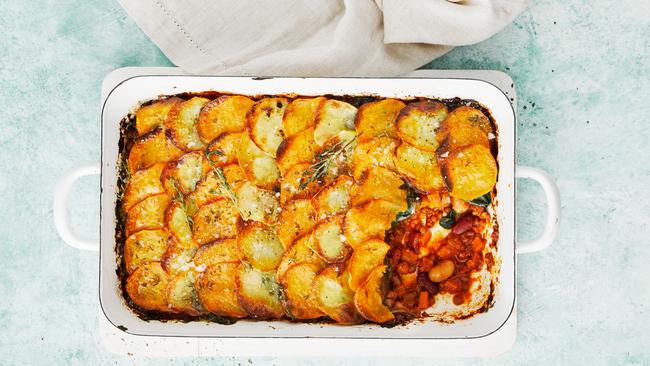
Seedy wholegrain bread
Wholegrain bread is usually minimally processed and made with flour from grains that are fully intact - that means the bran (outer layer), endosperm (starchy middle layer) and germ (nutrient-rich inner part). “Choose one with added nuts and seeds for more healthy fats and additional fibre,” Patel says.
Pasta
Wholewheat pasta is preferable for added fibre but for a study in the journal Nutrients, nutrition scientists at the University of Minnesota found that even white pasta “does not hinder weight loss or contribute to weight gain” and can benefit gut health. Analysing 38 published studies on pasta intake and body weight they could find no association between the amount of regular white pasta consumed and being overweight or having a larger than average waist circumference. The researchers said the way pasta is made “creates a unique, compact structure that causes the carbohydrates to digest slowly in the body, giving a lower glycaemic response, which may contribute to a healthy body weight”.
Lentils, beans, chickpeas
These are rich in fibre, resistant starch and polyphenols, which act as prebiotics feeding beneficial gut bacteria and promoting gut health, and reduce the risk of conditions such as heart disease, diabetes and colorectal cancer.
Carbs we should cut
Fruit juice and smoothies
“We include these as sources of sugary carbs that should be avoided,” Gonzalez says. “Once a fruit has been juiced, the structure of its cell wall is changed and free sugars become more available.”
Refined sugars
High in refined sugars and low in essential micronutrients, sugary cereals are the kind of UPFs that contribute to rapid spikes in blood sugar, increasing the risk of insulin resistance and type 2 diabetes.
Maple syrup, honey, and syrup
“Honey and syrups are free sugars, just like table sugar, and need to be reduced in our diets,” Gonzalez says. Even manuka honey, which has purported health benefits, contains about 6g sugars per teaspoon, which is similar to regular sugar, according to the campaign group Action on Sugar. And coffee syrups are a no-no, just providing empty calories.
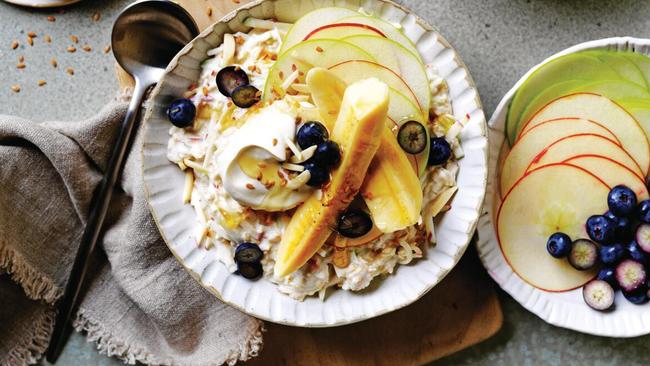
Packaged slice white bread
“Made from refined flour, eating white bread on its own leads to rapid increases in blood sugar and insulin levels,” Ruani says. “It is low in fibre and essential nutrients, contributing to weight gain if overconsumed.”
Pastries, cakes, and sweets
High in sugar, unhealthy fats and refined flour, pastries and cakes provide empty calories. Sweets are predominantly sugar and devoid of beneficial micronutrients.
Sugary drinks
Unless you’re an athlete strategically consuming them, sugary drinks, including sports drinks, are a leading source of added sugars and provide no nutritional value. “They bypass the body’s natural satiety mechanisms and lead to overconsumption of calories according to studies,” Ruani says.
The Times


